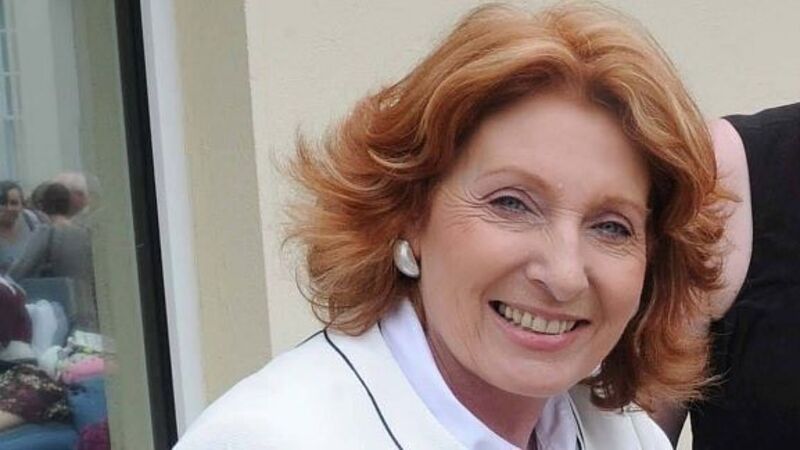Lynch backs sex abuse suicide study

Mental Health Minister Kathleen Lynch said the examination would be “a very valuable piece of research”.
She was speaking after the launch of three reports on suicide and self-harm.
Try from €1.50 / week
SUBSCRIBEMental Health Minister Kathleen Lynch said the examination would be “a very valuable piece of research”.
She was speaking after the launch of three reports on suicide and self-harm.
Already a subscriber? Sign in
You have reached your article limit.
Annual €130 €80
Best value
Monthly €12€6 / month
Introductory offers for new customers. Annual billed once for first year. Renews at €130. Monthly initial discount (first 3 months) billed monthly, then €12 a month. Ts&Cs apply.
CONNECT WITH US TODAY
Be the first to know the latest news and updates
Newsletter
Keep up with stories of the day with our lunchtime news wrap and important breaking news alerts.
Sunday, February 8, 2026 - 7:00 PM
Sunday, February 8, 2026 - 6:00 PM
Sunday, February 8, 2026 - 7:00 PM
© Examiner Echo Group Limited